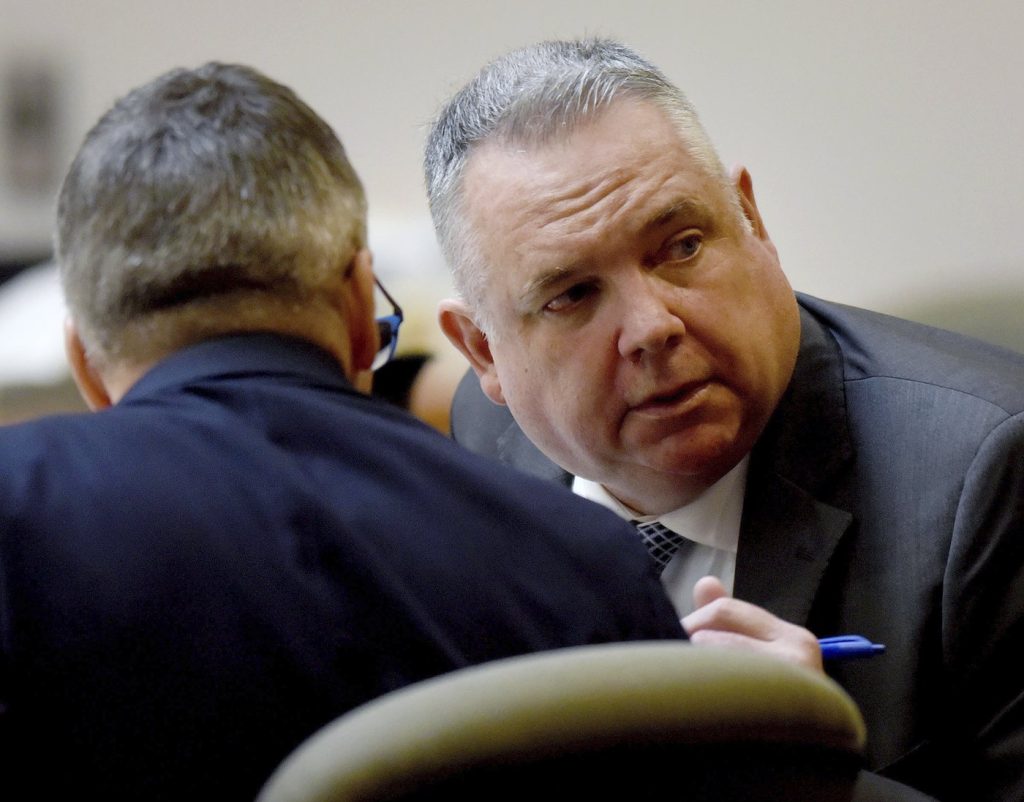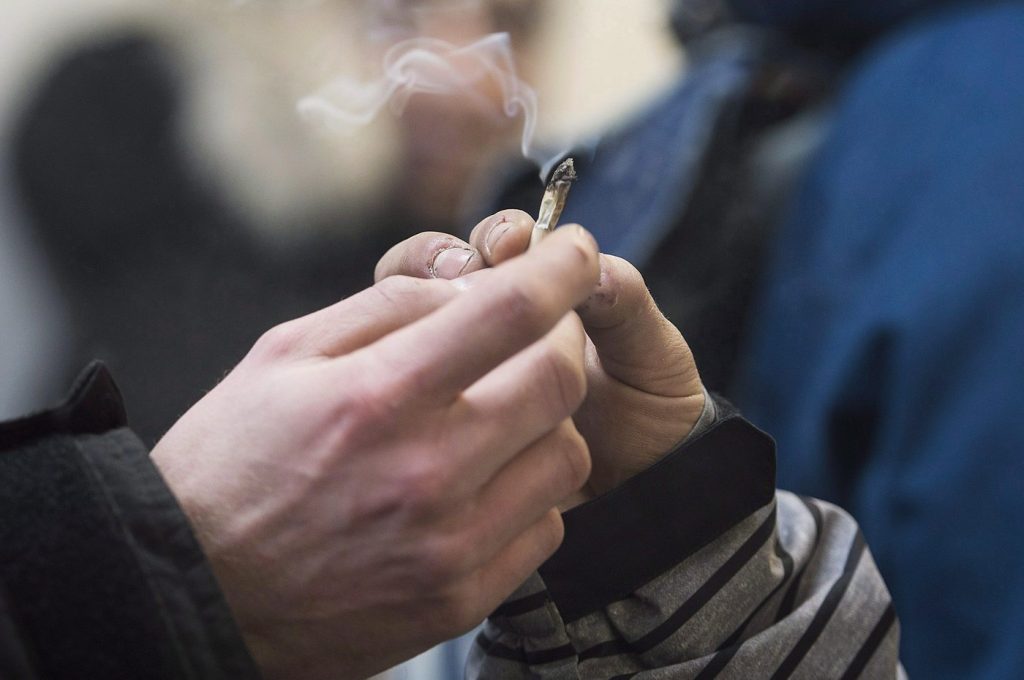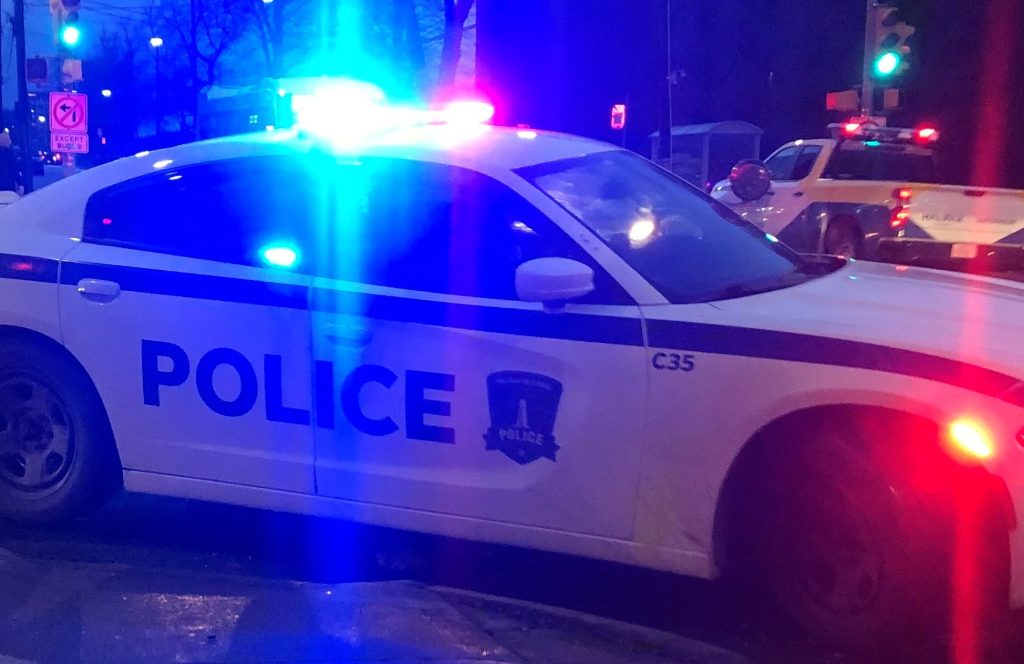Fourth former youth center detention worker goes on trial in New Hampshire

Posted Jan 15, 2025 02:16:59 PM.
Last Updated Jan 15, 2025 03:02:13 PM.
MANCHESTER, N.H. (AP) — The first of multiple sexual assault trials started Wednesday for a man whose arrest more than five years ago thrust allegations of widespread abuse at New Hampshire’s state-run youth detention center into the public eye.
Former youth counselor Stephen Murphy, 55, of Danvers, Massachusetts, faces 16 charges involving four boys held at the Youth Development Center in Manchester in the late 1990s. In the current case, he faces one charge of aggravated felonious sexual assault alleging that he helped carry a 14-year-old boy through a building and raped him in a stairwell while several coworkers restrained the teen.
Murphy’s accuser, Michael Gilpatrick, already has testified twice about the allegations — first at a civil trial involving another former youth center resident and again at a criminal trial for Brad Asbury, the man he said held him down. He described Murphy, Asbury and the others as a “hit squad” who regularly terrorized children.
“The four of them used to roll together,” he testified in April. “They would literally come over and just go door to door and beat every single one of us, down the line.”
Asbury, 70, was convicted in November of two counts of being an accomplice to aggravated sexual assault, and prosecutors listed him as a potential witness against Murphy, who has pleaded not guilty.
In opening statements Wednesday, defense attorney Charles Keefe described a dozen inconsistencies between what Gilpatrick told police in 2020 and his more recent testimony, and he suggested Gilpatrick has lied in hopes of being awarded millions of dollars in his pending civil lawsuit against the state.
“Steve Murphy did not rape Michael Gilpatrick. Steve Murphy did not slam Michael Gilpatrick to the floor,” he said, casting doubt on the idea that Gilpatrick could have been carried through a building full of people and assaulted.
Assistant Attorney General Audriana Mekula began her opening statements by showing jurors a photo of Gilpatrick when he was 14. Now 41, Gilpatrick “is not keeping this rape a secret anymore,” she said.
“This trial is about how Mike was raped. It is not about revenge. It is not about money, it is about how this defendant forcibly raped Mike,” Mekula said.
Murphy and another former employee were arrested in July 2019 and charged with sexually assaulting David Meehan, who later became the first of more than 1,100 former residents who have sued the state alleging physical, sexual or emotional abuse spanning six decades.
Concurrent with Murphy’s arrest, the attorney general’s office launched a broad investigation into the facility, now called the Sununu Youth Services Center. A total of 11 men have been arrested, though charges against one were dropped due to a lack of evidence, another was found incompetent to stand trial and a third died awaiting trial. Murphy is the fourth to go to trial.
In addition to Asbury, Stanley Watson was convicted this week of three counts of aggravated sexual assault against two boys. Another case that ended in a hung jury is expected to be re-tried later this year.
Before his arrest, Murphy worked as a clubhouse attendant for the Boston Red Sox, which suspended him when it learned of the allegations. He took that job in 2007 after working as a special education teacher and assistant high school basketball coach in Massachusetts, according to a 2010 interview with the Lowell Sun.
The Associated Press generally does not identify those who say they were victims of sexual assault unless they have come forward publicly, as Meehan and Gilpatrick have done. Meehan’s lawsuit is the only civil case to go to trial so far. A jury awarded him $38 million in May, though that verdict remains in dispute as the state seeks to reduce the amount to $475,000.
The youth center, which once housed upward of 100 children but now typically serves fewer than a dozen, is named for former Gov. John H. Sununu. Lawmakers have approved closing the facility, which now only houses those accused or convicted of the most serious violent crimes, and replacing it with a much smaller building in a new location.
Holly Ramer, The Associated Press








